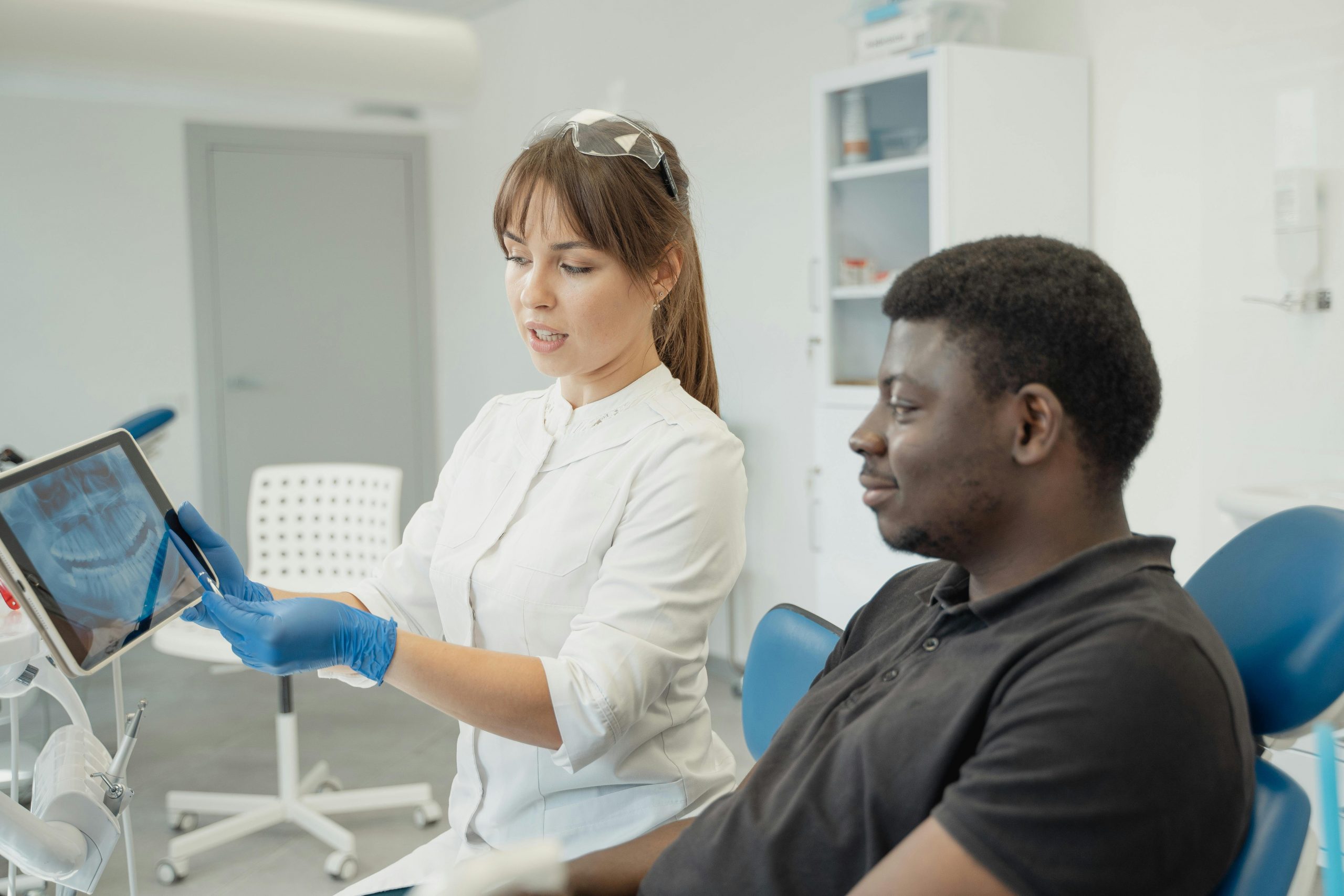Getting your wisdom teeth removed is common, but the recovery process can be uncomfortable. On average, it takes about a week to start feeling better, and full healing can take several weeks. The good news? There are ways to make recovery faster, less painful, and more comfortable.
This guide covers the best tips for speeding up wisdom teeth recovery, including oral care, diet choices, rest, and when to call your dentist. Whether you had one tooth or all four removed, following these steps can help you heal quickly and avoid complications.
1. Follow Your Dentist’s Post-Op Instructions Carefully

Your dentist or oral surgeon will give you specific aftercare instructions. These are based on your procedure, your health, and your healing progress. Always follow them closely because they are designed to prevent infection and speed up recovery.
Typical instructions include:
- Keeping gauze in place for the first few hours to control bleeding
- Avoiding rinsing or spitting for 24 hours
- Using ice packs to reduce swelling
- Taking prescribed pain medications as directed
Not following these directions can lead to complications like dry socket, which delays healing and causes severe pain.
2. Rest and Give Your Body Time to Heal
Your body needs extra energy to repair tissues after surgery. The best way to help it is by resting.
Tips for proper rest:
- Take 2–3 days off school or work if possible
- Avoid heavy lifting and strenuous exercise for at least a week
- Keep your head slightly elevated while sleeping to reduce swelling
- Listen to your body—don’t rush back into your normal routine
Think of this time as giving your body the tools it needs to work on healing, just like charging your phone before using it.
3. Use Cold Compresses for the First 24–48 Hours
Swelling is one of the most uncomfortable parts of recovery. Applying a cold pack to your cheeks during the first 1–2 days can help reduce it.
How to use cold compresses effectively:
- Apply ice packs for 15–20 minutes at a time
- Take short breaks between applications to prevent skin irritation
- Switch sides if you had multiple teeth removed
Cold therapy not only reduces swelling but can also numb the area to relieve pain.
4. Switch to Warm Compresses After the Second Day
After the first 48 hours, heat can help increase blood flow to the area, promoting faster healing and reducing stiffness in your jaw.
Steps for using warm compresses:
- Use a warm towel or heating pad on low setting
- Apply for 15–20 minutes at a time
- Repeat several times a day
Warmth relaxes the muscles, making it easier to open your mouth without discomfort.
5. Eat Soft, Nutritious Foods

What you eat plays a big role in how fast you heal. Soft, easy-to-chew foods reduce strain on your jaw and prevent irritation to the surgical site.
Great food choices for recovery:
- Mashed potatoes
- Applesauce
- Yogurt
- Smoothies (without seeds)
- Scrambled eggs
- Soup (lukewarm, not hot)
Avoid spicy, crunchy, or chewy foods for at least a week. If you’re wondering what to eat after wisdom teeth removal, focus on nutrient-rich meals that give your body the vitamins and minerals it needs to heal.
6. Stay Hydrated Without Using a Straw
Water is essential for healing because it keeps your mouth clean and helps your body recover. However, avoid drinking through a straw for at least a week. The suction can dislodge the blood clot and cause dry socket.
Hydration tips:
- Sip water slowly throughout the day
- Avoid sugary and carbonated drinks
- Stick to room-temperature or cool water to prevent irritation
7. Keep Your Mouth Clean (But Gently)
Oral hygiene after surgery is important for preventing infection. However, you need to be gentle in the first few days.
Mouth cleaning tips for faster recovery:
- Wait 24 hours before rinsing your mouth
- After the first day, rinse gently with warm salt water 2–3 times daily
- Brush your teeth carefully, avoiding the surgical site
- Never spit forcefully—let the liquid fall from your mouth naturally
8. Manage Pain and Swelling Effectively
Pain and swelling are normal after wisdom teeth removal, but controlling them can make recovery easier.
Pain management methods:
- Take prescribed medications as directed
- Use over-the-counter pain relievers like ibuprofen (if approved by your dentist)
- Keep your head elevated to reduce swelling at night
By staying ahead of the pain, you’ll be more comfortable and able to eat, drink, and rest properly.
9. Avoid Smoking, Alcohol, and Caffeine
These can slow healing and increase your risk of infection or dry socket. Smoking is especially harmful because it reduces blood flow and introduces harmful chemicals into your mouth.
If you smoke, try to quit for at least a week after surgery. This small change can greatly improve your recovery speed.
10. Do Gentle Jaw Exercises
Once your dentist says it’s safe, slowly start moving your jaw to prevent stiffness. Open and close your mouth gently several times a day. This helps you regain normal movement and prevents long-term discomfort.
When to Call Your Dentist
While mild pain, swelling, and limited chewing ability are normal, contact your dentist if you notice:
- Severe or increasing pain after a few days
- Excessive bleeding
- Pus or signs of infection
- Fever or chills
- A foul taste or odor from the surgical site
Catching complications early can save you from longer healing times.
Stay Positive and Patient
Wisdom teeth recovery can feel slow, but most people are back to normal in a week or two. Remember that everyone heals differently. By following these tips and taking care of yourself, you’re giving your body the best chance to heal quickly.
Final Takeaways
If you want to know how to speed up wisdom teeth recovery, the key steps are rest, proper diet, gentle oral care, and avoiding habits that slow healing. Small actions—like staying hydrated, applying cold packs, and following your dentist’s advice—can make a big difference in how quickly you get back to normal life.
